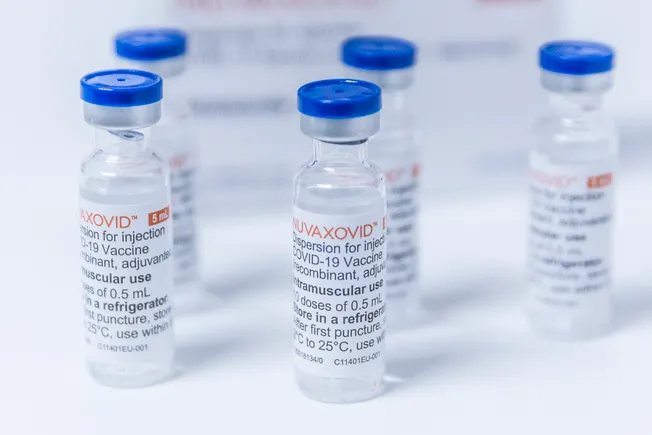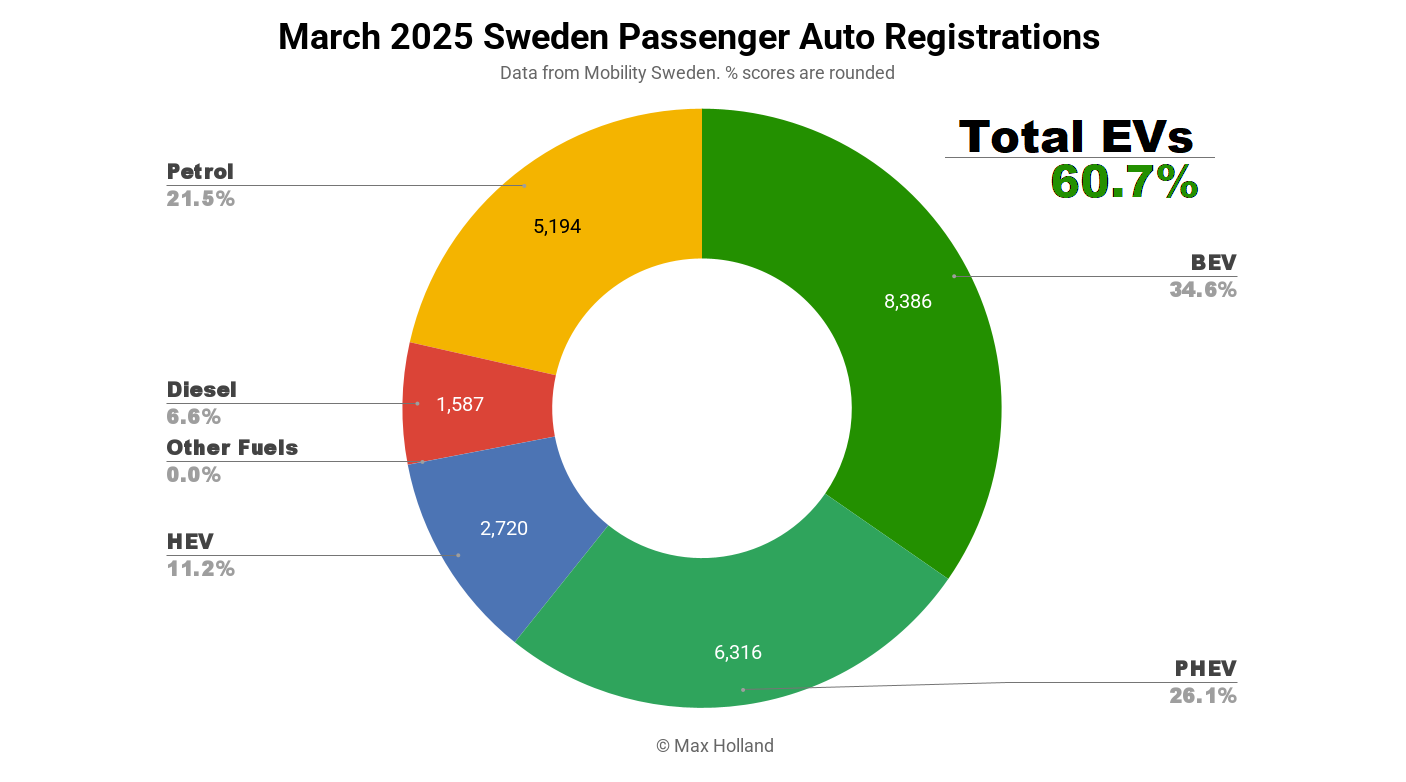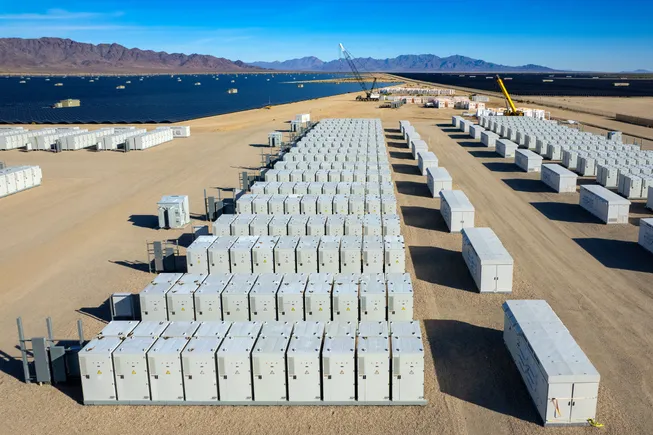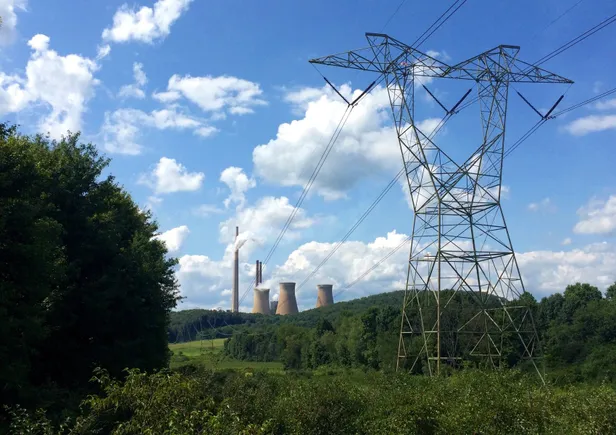High‐Entropy Phosphide Catalyst‐Based Hybrid Electrolyzer: A Cost‐Effective and Mild‐Condition Approach for H2 Liberation from Methanol
Advanced Energy Materials, Volume 15, Issue 12, March 25, 2025.

A hybrid acid/alkali flow electrolyzer with self-supporting FeCoNiCuMnP/NF as the anode can operate stably for 300 h at 0.7 V, where the Faraday efficiencies of formate and H2 reach 95% and 99%, respectively. This achievement offers an efficient alternative for the indirect liberation of H2 stored in methanol and establishes a new benchmark for sustainable and economically viable H2 production.
Abstract
Methanol as a hydrogen carrier provides a practical solution for H2 storage and transport, but traditional reforming faces challenges with low efficiency, CO2 emissions, and the need for specialized infrastructure. In this study, a reliable approach for fabricating low-cost electrodes is presented by in situ growing high-entropy phosphide nanoparticles on nickel foam (FeCoNiCuMnP/NF). This cost-effective design is specifically engineered for alkaline methanol oxidation reactions (MOR), achieving a current density of 10 mA cm−2 at an applied voltage of only 1.32 V, while also demonstrating exceptional selectivity for formate products. Advanced Monte Carlo (ML-MC) simulations identify copper as the predominant surface element and highlight phosphorus coordination as a key factor in enhancing catalytic activity. The field is advanced with a pioneering hybrid acid/alkali flow electrolyzer system, integrating FeCoNiCuMnP/NF anode and commercial RuIr/Ti cathode to enable indirect hydrogen liberation from methanol. This system requires an electrolytic voltage as low as 0.58 V to achieve a current density of 10 mA cm−2 and remains stable for hydrogen liberation over 300 h of operation. This achievement not only offers a highly efficient alternative to indirectly liberate H2 stored in methanol but also establishes a new benchmark for sustainable and economically viable H2 production.






















































































































































































